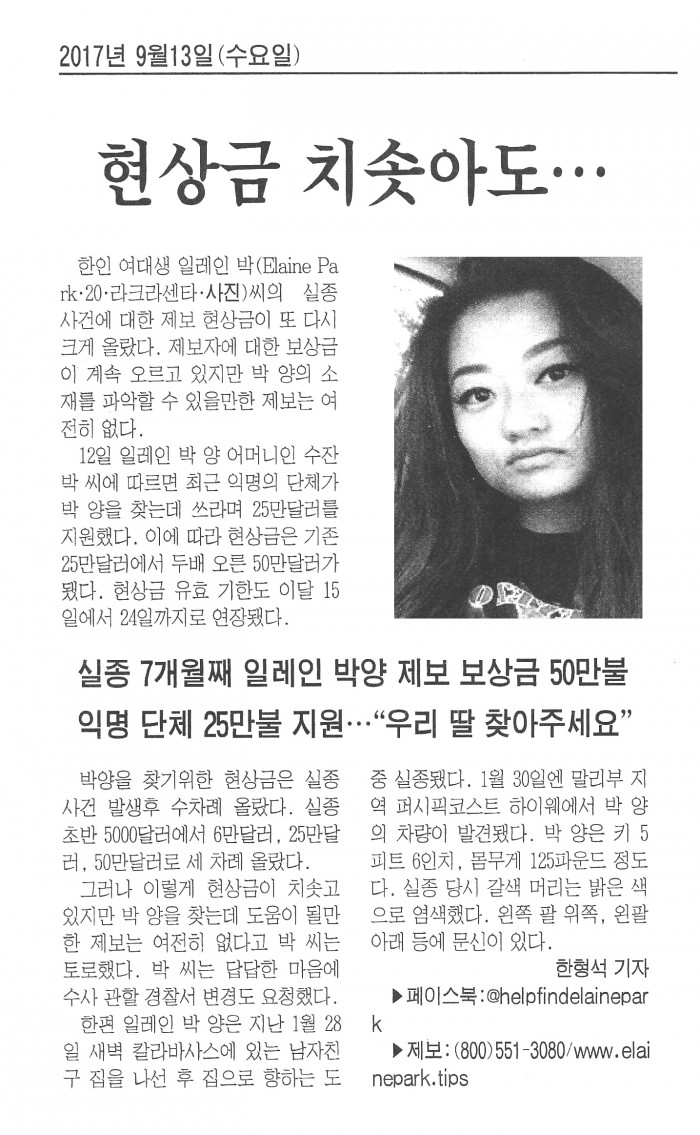- [내 마음의 隨筆] 다중언어시대 (多重言語時代) - 2 of 24172024.04.19
- [내 마음의 隨筆] In Dubious Battle4242024.04.28
- [Essays of My Heart] In Dubious Battle6002024.04.28
- [내 마음의 韓詩 500 – Korean Poems of My Heart 500] 松竹師表3812024.05.18
- [Essays of My Heart] Multilingual Era3442024.05.06
[Essays of My Heart] In Dubious Battle
2024.04.28In Dubious Battle
"In Dubious Battle" is a novella written by the prominent American novelist John Steinbeck in 1936, which deals with the story of a labor strike organized by migrant workers in California during the Great Depression. (Introduction and notes by Warren French in Penguin Books in 1992, The revised current edition published in 2006., pp. 274.) The protagonist, Jim Nolan, is a young activist who is actively involved in organizing fruit pickers in California. Under the guidance of seasoned labor organizer Mac McLeod, Jim, and his comrades mobilize workers and demand fair wages and better working conditions from wealthy apple farm owners and the corporations exploiting them. The labor strike intensifies as tensions rise between the workers and employers, escalating into confrontation, violence, and tragedy. In this novel, Steinbeck explores themes of power dynamics, exploitation, social solidarity, and the human cost of social injustice, delving into the complexities of political activism and social upheaval. By depicting the struggles, sacrifices, and moral dilemmas faced by the characters, Steinbeck vividly portrays the courage and determination of ordinary Americans to fight for their rights and dignity amidst overwhelming challenges. Through reading this novel, I have summarized several lessons learned as follows:
The novel examines the dynamics between labor and management, emphasizing the exploitation of workers by those in power and how corporations and wealthy landowners often prioritize their interests over the rights and well-being of workers.
Steinbeck emphasizes the power of solidarity and collective action among workers, showing how unity and organization can empower marginalized groups to advocate for their rights and stand up against oppressive systems.
Steinbeck vividly portrays the human cost of social injustice and economic inequality, depicting the real-life consequences of systemic oppression and exploitation through the struggles, sacrifices, and suffering of the characters.
"In Dubious Battle" explores the moral complexities inherent in political activism and social movements, raising questions about ethical dilemmas faced by individuals pursuing their ideals and navigating issues of loyalty, sacrifice, and integrity.
Steinbeck underscores the importance of empathy and compassion in understanding others' experiences and standing in solidarity with those who are marginalized or oppressed, encouraging readers to empathize with the struggles of the characters and recognize their shared humanity.
The novel explores how propaganda and misinformation can manipulate public opinion and suppress dissent, emphasizing the importance of critical thinking and discernment in questioning authority and seeking truth amidst conflicting narratives.
“In Dubious Battle" serves as a testament to the enduring struggle for social justice and human dignity, reminding readers of the ongoing fight for equality, fairness, and dignity for all individuals.
Lastly, while reading this novel as a non-English speaker, I found several points worth noting. Steinbeck often uses slang and colloquial expressions that may be difficult to translate directly into Korean, requiring careful consideration to capture the informal tone and meaning accurately. The novel is set in a specific historical context, necessitating an understanding of the events, figures, and cultural phenomena of the time. Understanding the regional dialects used by the characters was also challenging. Additionally, translating political and social terms accurately required further effort to ensure resonance with Korean readers' understanding of similar issues. Steinbeck's use of idiomatic expressions and figurative language also posed challenges in finding culturally appropriate equivalents in Korean. Furthermore, considering the profanity and offensive language used in certain contexts in the novel required sensitivity to cultural norms in Korean society. Lastly, maintaining consistency and clarity in translating proper nouns, including character names and titles, was essential for readability. Through reading this novel, I gained insights into the American consciousness, the dynamics of the labor movement, the physiology and strategies of communists, issues related to the realization of fair social justice, group consciousness, and impulse, citizens' perceptions and attitudes towards law enforcement, awareness of violence, concepts of friendship, colleagues, and family, and their religious and moral concepts. Those interested in these topics might find it an interesting novel to read. ***
Solti
한국어 번역: https://www.ktown1st.com/blog/VALover/344433








 작은 공동체로 시작된 등불교회”
작은 공동체로 시작된 등불교회”
 The heart that tends the flowers Lyrics by Don Kim
The heart that tends the flowers Lyrics by Don Kim
 GOLF LESSONS 골프레슨 CLUB FACE 오렌지 카운티 얼바인 애너하임 플러튼
GOLF LESSONS 골프레슨 CLUB FACE 오렌지 카운티 얼바인 애너하임 플러튼
 437. 99회 LA 한인회 문화의 샘터 “퍼포먼스 라인댄스”
437. 99회 LA 한인회 문화의 샘터 “퍼포먼스 라인댄스”
 [교통사고] 범퍼 긁혔는데 $500 받고 끝낼까?" 그 순간, 당신은 수천 불을 버렸습니다.
[교통사고] 범퍼 긁혔는데 $500 받고 끝낼까?" 그 순간, 당신은 수천 불을 버렸습니다.
 플러튼 1백만불대의 타운하우스 신축 vs 구축 어느 쪽을 선택할까?
플러튼 1백만불대의 타운하우스 신축 vs 구축 어느 쪽을 선택할까?
 2017년1월28일 실종
2017년1월28일 실종
 기독교인들 지옥 가는 99% 죄목이 예수님 말씀 불순종 죄 아닐까요?
기독교인들 지옥 가는 99% 죄목이 예수님 말씀 불순종 죄 아닐까요?
